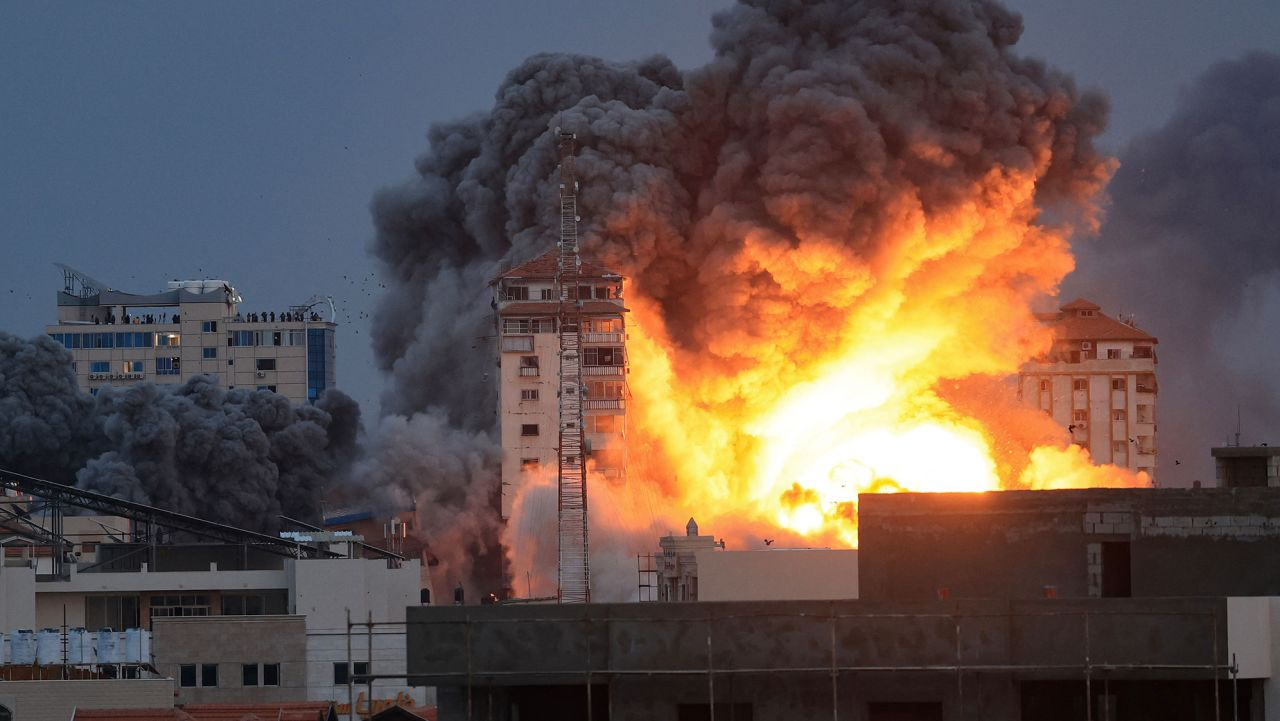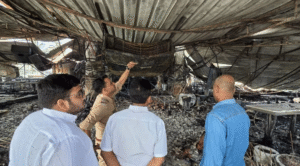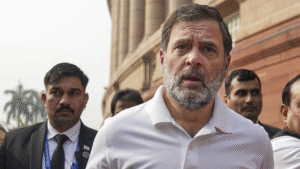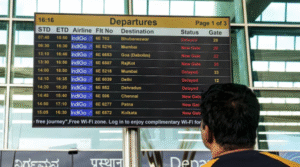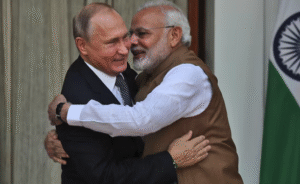Amid growing international scrutiny over Israel’s military strategy in Gaza, the Israel Defense Forces (IDF) announced that a senior Hamas operative, Nasser Musa, was killed in a targeted airstrike in Khan Younis on August 9.
According to the IDF, Musa served as the head of the “control department” within Hamas’s Rafah Brigade. He was reportedly responsible for overseeing training and combat readiness within the brigade and played key roles in intelligence gathering and surveillance operations.
In a statement released Friday, the IDF and Shin Bet said Musa was a close associate of Mohammed Shabana, the former commander of the Rafah Brigade, who was killed in May alongside senior Hamas leader Mohammed Sinwar. The military described Musa’s death as a significant blow to the Rafah Brigade’s operational capabilities, particularly in its ability to launch attacks against Israeli forces.
In a separate operation conducted on Thursday, Israeli airstrikes targeted a Hamas facility in Khan Younis believed to be used for rocket storage. The IDF released aerial footage of the strike and reaffirmed its commitment to dismantling Hamas’s military infrastructure across the Gaza Strip.
These military developments come just days after Israel’s political-security Cabinet approved a plan to seize control of Gaza City. Prime Minister Benjamin Netanyahu’s office said the Israeli military would “prepare to take control of Gaza City while providing humanitarian aid to the civilian population outside the combat zones.”
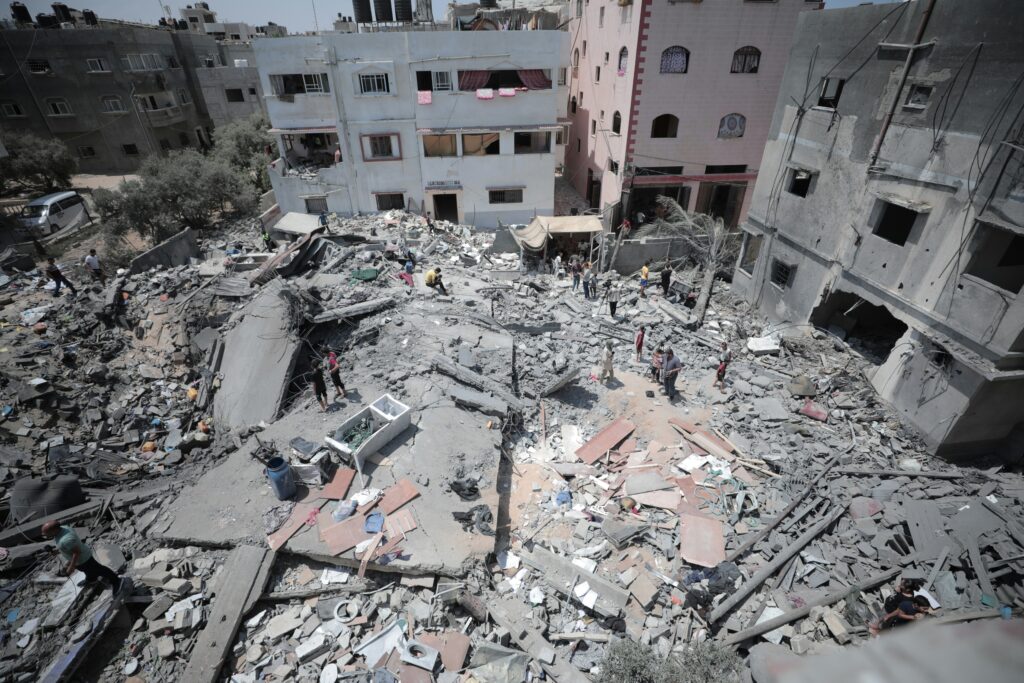
International Backlash Intensifies
However, the Gaza takeover plan has triggered significant international backlash. Human rights groups and foreign governments have raised concerns about the escalating humanitarian crisis in the enclave and alleged repressive measures in the occupied West Bank.
Despite continued backing from the United States, Israel is facing a growing diplomatic fallout. France has announced plans to formally recognize Palestinian statehood in September, with the United Kingdom and Canada indicating similar intentions. Germany has also begun its own recognition process, and Australia’s Prime Minister Anthony Albanese has signaled that recognition is imminent.
Meanwhile, Spain and Sweden have called for the suspension of the European Union’s trade agreement with Israel. The Netherlands has gone further, formally designating Israel a “security threat” amid allegations of interference in Dutch public discourse.
Experts warn that Israel’s international reputation may face long-term damage, with some analysts describing the shift in global sentiment as a turning point in the geopolitical landscape surrounding the Israeli-Palestinian conflict.


